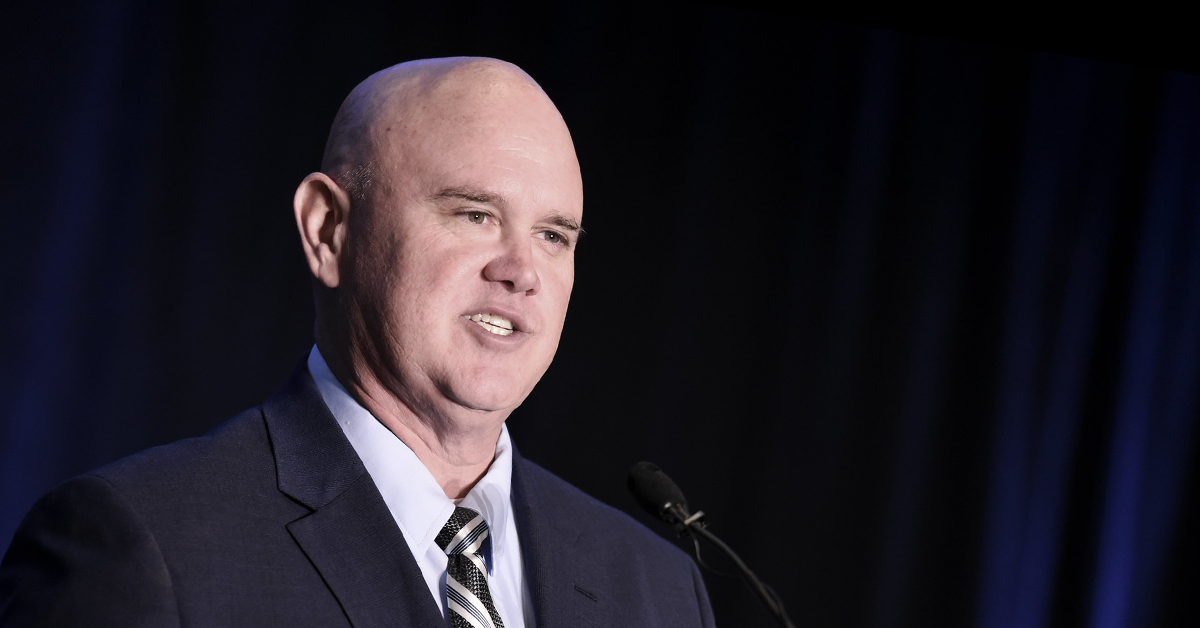Private universities throughout California will no longer be allowed to offer legacy admissions.
California Gov. Gavin Newsom signed AB 1780, authored by Asm. Phil Ting (D–San Francisco), which prohibits legacy and donor preferences in admissions for private universities.
The big picture: On Sep. 1, 2025, universities including USC and Stanford will be barred from legacy admissions, a practice that has been widely used.
- The Association of Independent California Colleges and Universities reported that 13.8% of Stanford’s fall 2022 admissions had legacy or donor connections.
- USC legacy admissions came in at a slightly higher rate than Stanford in 2022, with 14.4% of all admitted students having connections to alumni or donors.
- Maryland is the only other state in the nation to ban legacy admissions at private universities. Maryland, Virginia, Illinois and Colorado have prohibited legacy admissions at public universities.
- Private universities will be required to submit an annual report to disclose compliance to the new law.
Flashback: AB 1780 only applies to private universities because California’s public universities do not practice legacy admissions, with the University of California stopping the practice in 1998. The California State University does not offer legacy admissions either.
- The bill also comes after the U.S. Supreme Court ruled last year that race-based affirmative action in college applications is unconstitutional.
What they’re saying: “In California, everyone should be able to get ahead through merit, skill, and hard work,” Newsom said in a statement. “The California Dream shouldn’t be accessible to just a lucky few, which is why we’re opening the door to higher education wide enough for everyone, fairly.”
- Ting said California must level the playing field if the state values diversity in higher education.
- “That means making the college application process more fair and equitable,” Ting said in a statement. “Hard work, good grades and a well-rounded background should earn you a spot in the incoming class – not the size of the check your family can write or who you’re related to. I thank the Governor for agreeing with me and supporters of AB 1780 – that every student deserves a fair shot at their dream school.”










